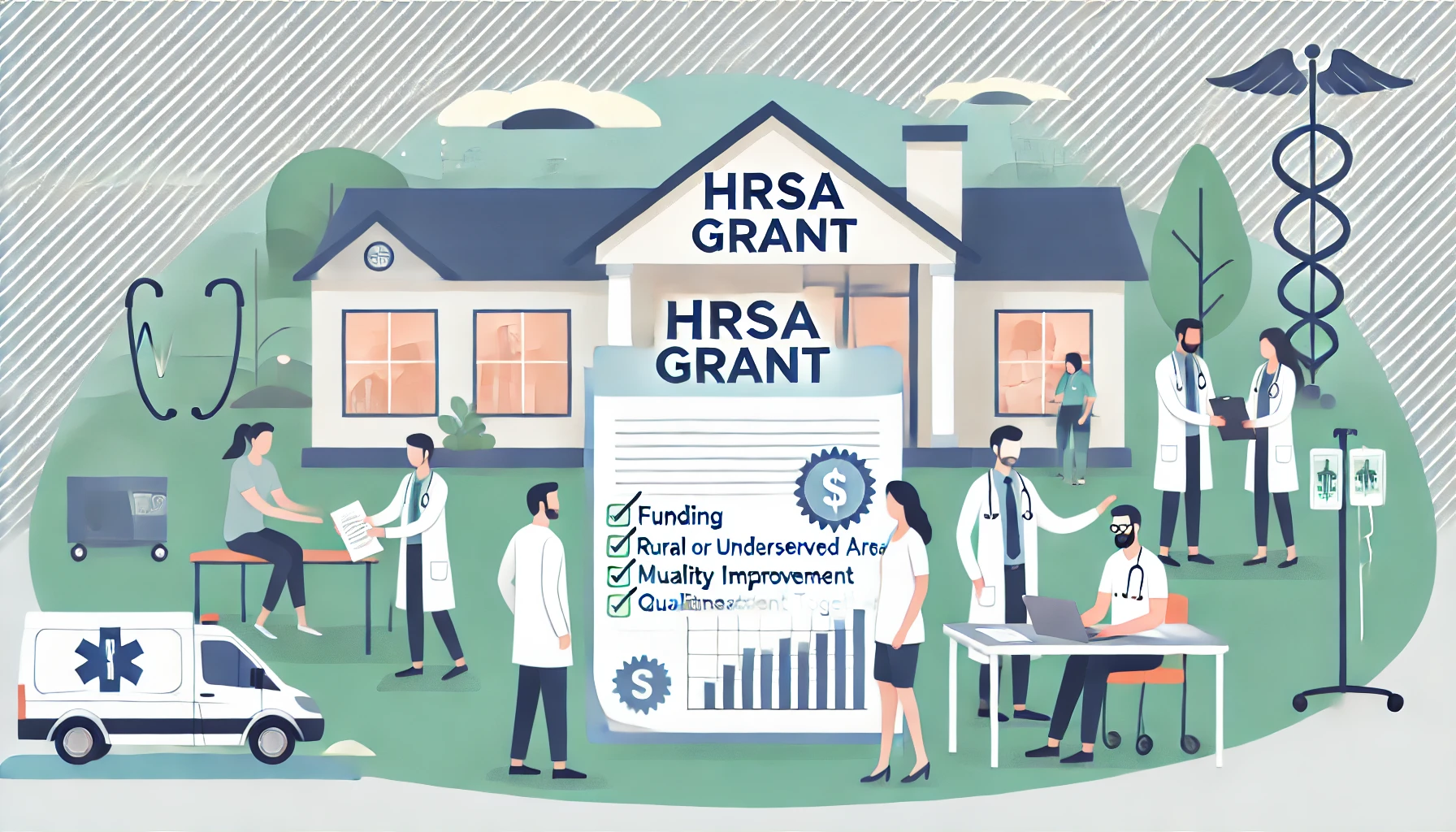
Table of Contents

AI revolutionizes healthcare diagnostics with advanced image recognition, predictive analytics, and early disease detection, promising more precise and timely medical interventions.
AI revolutionizes healthcare diagnostics with advanced image recognition, predictive analytics, and early disease detection, promising more precise and timely medical interventions.
AI's Healthcare Revolution: Transforming Diagnostics and Saving Lives Through Intelligent Technology
Original Source: Manila Times Global News Wire
The Dawn of Intelligent Healthcare
In an era of unprecedented technological advancement, artificial intelligence (AI) is reshaping the landscape of medical diagnostics with a precision and speed that was unimaginable just a decade ago. The healthcare industry stands at a critical intersection of human expertise and machine intelligence, promising transformative potential that could fundamentally alter how we approach disease detection, treatment, and patient care.
How AI is Revolutionizing Medical Diagnostics
The integration of AI into healthcare diagnostics is not just a technological novelty—it represents a paradigm shift in medical practice. Here are the key areas where intelligent technologies are making significant impacts:
- Advanced Image Recognition: AI algorithms can now analyze medical imaging with remarkable accuracy, detecting subtle anomalies that might escape human observation
- Predictive Analytics: Machine learning models can predict potential health risks by analyzing vast datasets of patient information
- Early Disease Detection: Sophisticated AI systems are becoming increasingly adept at identifying early signs of complex diseases like cancer, often before traditional diagnostic methods
The Technology Behind the Revolution
At the heart of this medical transformation are complex neural networks and deep learning algorithms. These intelligent systems can process and analyze medical data with an efficiency and precision that complements human medical expertise. By examining millions of medical images, patient records, and research data, AI can identify patterns and insights that might take human researchers years to uncover.
Real-World Impact and Case Studies
Several groundbreaking examples demonstrate AI's potential in healthcare:
- A research team at Stanford University developed an AI system that can detect skin cancer with 91% accuracy, matching the performance of board-certified dermatologists
- Google's DeepMind has created an AI that can predict acute kidney injury up to 48 hours before it occurs, potentially saving countless lives
- Radiological AI systems are now capable of detecting lung nodules and potential malignancies with greater speed and accuracy than traditional screening methods
Challenges and Ethical Considerations
While the promise of AI in healthcare is immense, it is not without significant challenges:
- Data Privacy Concerns: The use of extensive patient data raises critical questions about confidentiality and consent
- Algorithmic Bias: AI systems can inadvertently perpetuate existing biases in medical research and treatment
- Human-Machine Collaboration: Determining the appropriate balance between AI assistance and human medical judgment remains a complex issue
Expert Perspectives
Dr. Eric Topol, a prominent digital medicine researcher, notes: "AI has the potential to restore the human connection in healthcare by allowing physicians to focus more on patient interaction and complex decision-making."
The Future of AI in Healthcare
As machine learning algorithms become increasingly sophisticated, we can anticipate even more remarkable developments. From personalized treatment plans to predictive healthcare interventions, AI is poised to become an indispensable tool in medical practice.
However, it is crucial to approach this technological revolution with a balanced perspective. AI should be viewed not as a replacement for human medical expertise, but as a powerful complementary tool that enhances our ability to diagnose, treat, and prevent disease.
Key Takeaways
- AI is transforming medical diagnostics with unprecedented accuracy and speed
- Sophisticated algorithms can detect diseases earlier and more precisely
- Ethical considerations and human oversight remain critical
The healthcare revolution driven by artificial intelligence is not just about technological innovation—it represents a profound shift in how we understand, approach, and manage human health.

Why Every Hospital Needs a Quality and Patient Safety Program
Every hospital needs a quality and patient safety program to reduce harm, improve care, and foster a culture of accountability.
.png)
.png)

HRSA FQHC Requirements: A Comprehensive Guide for Healthcare Providers
When it comes to federally qualified health center requirements, there’s no shortage of regulations, expectations, and—depending on your perspective—opportunities.
.png)
.png)

Unlocking Funding: A Guide to Health Resources and Services Administration (HRSA) Grants
Use HRSA grants to fund external peer review programs that enhance care quality, reduce bias, and support compliance in health centers.
.png)
.png)



.png)
.png)
.png)






.png)